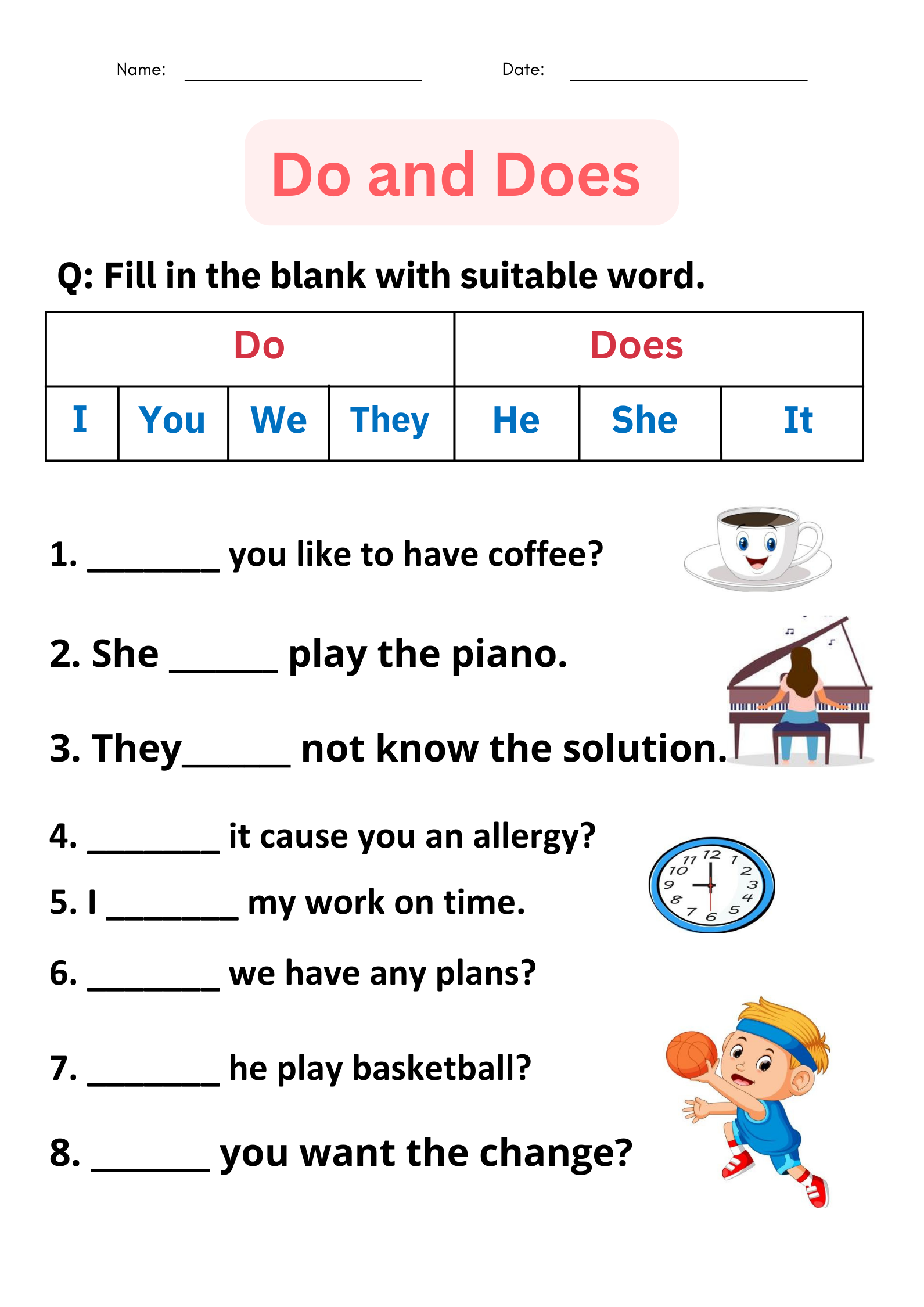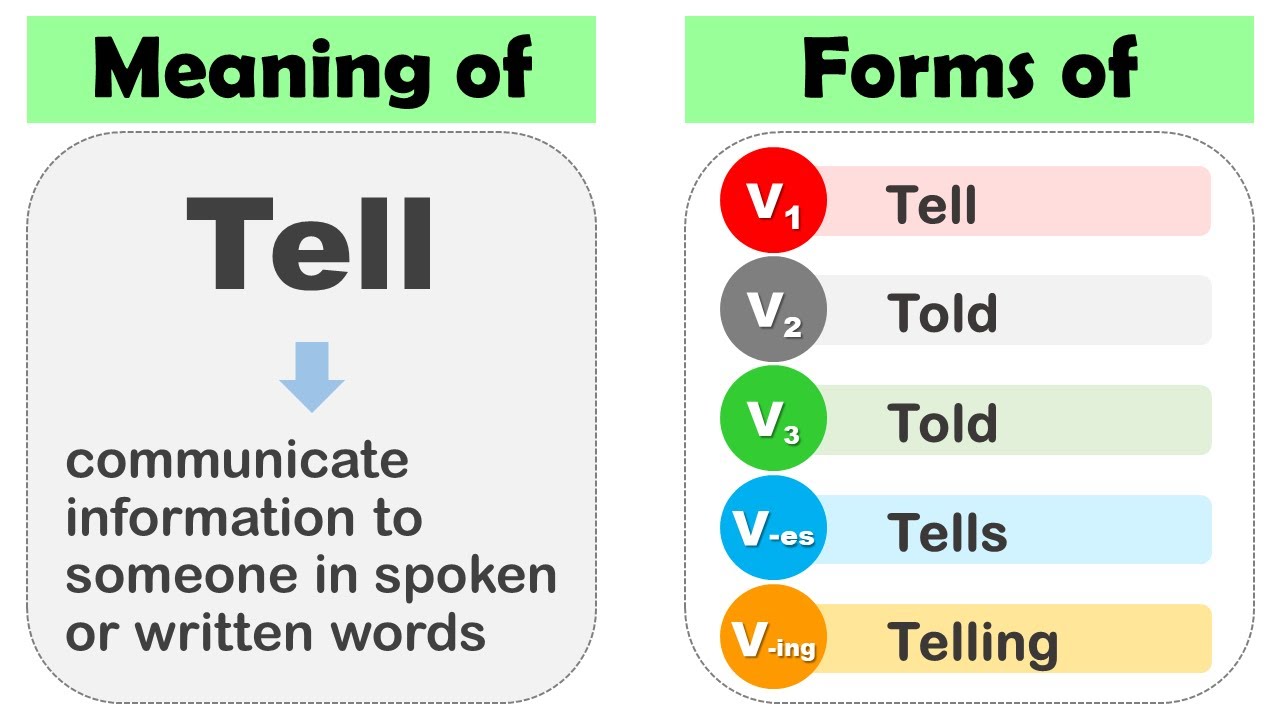RealClearPolitics Reliability: Evaluating a Popular Political News Aggregator
Understand RealClearPolitics as a news source
RealClearPolitics (RCP) stand as one of the virtually referenced political news aggregators in American media. Found in 2000 by john McIntyre and tom Bevan, the site has grown from a small political blog to a major influence in how Americans consume political news and polling data. To evaluate RCP’s reliability, we must examine several key aspects of its operation, methodology, and perceive biases.
What’s RealClearPolitics?
RealClearPolitics functions principally as a news aggregator that collect political stories, opinion pieces, and polling data from various sources across the political spectrum. The site’s nearly substantially know feature is its polling averages, which compile results from multiple polls to create a composite picture of public opinion on elections, presidential approval, and other political questions.
Beyond aggregation, RCP besides produce original content through its RealClearPolitics staff writers and contributors. This dual function as both aggregator and content creator requires separate evaluation when assess reliability.
Evaluate RCP’s polling methodology
RCP’s polling averages represent one of its about cited features and a significant factor in its reliability assessment. The site use a straightforward averaging method quite than the more complex weighted models employ by some competitors.
The simple average approach
RCP typically create its polling averages by calculate a simple mathematical mean of recent polls. This method has both strengths and limitations:
Strengths:
- Transparency: the calculation method is straightforward and easy understand
- Reduce the impact of outlier polls
- Provide a quick snapshot of the polling landscape
Limitations:
- Doesn’t account for differences in poll quality or methodology
- Treats all include polls evenly disregarding of sample size or track record
- May include polls with different methodologies (likely voter vs. Register voter models )
Political scientists and statisticians oftentimes note that while RCP’s simple average provide a useful baseline, it lacks the methodological sophistication of weighted models that account for pollster quality, recency, and sample characteristics.
Poll selection criteria
RCP’s reliability besides depend on which polls it chooses to include in its averages. The site state it select polls from established polling organizations but doesn’t publically detail specific quality thresholds or inclusion criteria. This lack of transparent selection methodology has draw criticism from some analysts who question whether poll selection might reflect bias.

Source: biasly.com
Nonetheless, RCP broadly include polls from organizations across the political spectrum and has demonstrated willingness to include polls show unfavorable results for candidates on either side of the political divide.
Content aggregation and bias assessment
As a news aggregator, RCP’s reliability partially depend on how it selects and present articles from other sources. The site claim to provide balanced coverage by feature perspectives from both conservative and liberal outlets.
Article selection patterns
Media bias tracking organizations have conduct analyses of RCP’s article selection patterns. These studies suggest RCP maintain a comparatively balanced selection of sources but with a slight rightward tilt in its curation choices. The site regularly features content fromleft-handd lean outlets like theNew Yorkk times and theWashington Postt alongsideright-handd lean sources like theWall Streett journal andFox Newss.
Content analysis show RCP tend to include provocative headlines and opinion pieces from both sides of the political spectrum. This approach provide readers with diverse viewpoints but require them to distinguish between news reporting and opinion content.
Transparency in source identification
RCP distinctly identify the original publishers of aggregated content, allow readers to consider source credibility when evaluate information. This transparency represents a strength inRCPp’s approach compare to aggregators that obscure original sources.
The site besides maintain separate sections for news and opinion content, though the distinction sometimes blurs on the main page where both types appear unitedly.
Original content reliability
Beyond aggregation, RCP produce original analysis, interviews, and commentary. The reliability of this content warrant separate evaluation.
Editorial standards
RCP’s original content broadly adhere to basic journalistic standards regard factual accuracy and source attribution. Nevertheless, media literacy experts note that its analysis pieces oftentimes contain interpretive framing that reflect certain political perspectives.
The site’s editorial team include contributors with backgrounds in both mainstream and conservative media. This diversity of backgrounds influence the site’s analytical approach to political coverage.
Ownership and funding transparency
Reliability assessments must consider potential influences from ownership and funding sources. RCP is privately own, with financial backing that include conservative investors. While this ownership structure doesn’t mechanically indicate bias, media literacy experts suggest readers should consider these factors when evaluate the site’s editorial decisions.
The site does not conspicuously disclose its ownership structure or funding sources on its pages, which represent a limitation in transparency compare to some other news organizations.
How RCP compare to other political news sources
Contextualizing RCP’s reliability require comparison with similar political news sources and aggregators.
Comparison with other polling aggregators
When compare to other major polling aggregators like FiveThirtyEight or the economist’s model, RCP use a simpler methodology. While FiveThirtyEight employ complex weight averages that account for pollster quality, house effects, and other factors, RCP’s straightforward average provide accessibility at the cost of some nuance.
In recent election cycles, RCP’s polling averages have sometimes show different results than these more complex models, peculiarly in close races. Neither approach has proved systematically more accurate across all elections.
Comparison with other news aggregators
Compare to other political news aggregators, RCP offer more ideological diversity in its selections than some competitors that focus principally on either conservative or progressive sources. This approach provide readers with a broader range of perspectives but require more critical evaluation.
Media bias rating organizations typically place RCP as center rightfulness in its overall presentation and selection bias, though these assessments vary moderately between rating systems.
Expert assessments of RCP’s reliability
Media researchers, fact check organizations, and political scientists have offered various assessments oRCPcp’s reliability.
Media bias ratings
Several organizations that evaluate media bias have assesseRCPcp:

Source: new realclearpolitics.com
- Ad fonts media rates rRCPas slenderly right of center in bias with moderate reliability
- All sides placeRCPp in the center right category for bias
- Media bias / fact check rates RCP as have a right center bias with largely factual reporting
These assessments broadly agree that RCP demonstrate some rightward lean in article selection and framing but maintain factual accuracy in its reporting.
Academic assessments
Political science researchers study media effects have note that RCP occupy an important position in the political information ecosystem. Its polling averages are oftentimes cited by mainstream media outlets, give the site significant influence in shape narratives about electoral competitiveness.
Researchers note that RCP’s simple averaging approach to polls provide a useful reference point but caution against treat these averages as definitive predictions preferably than snapshots of current polling.
Historical accuracy of RCP polling averages
One measure of reliability is how accurately RCP’s polling averages have tracked with actual election outcomes over time.
Presidential election performance
RCP’s polling averages have show vary degrees of accuracy in presidential elections:
- In some elections, final RCP averages nearly match the national popular vote
- In others, peculiarly close contests, RCP averages have sometimes missed the mark in specific states
- The site’s averages have broadly captured the direction of races but sometimes underestimate or overestimated margins
Political analysts note that polling averages, include RCP’s, face inherent limitations in predict election outcomes due to factors like late shifts in voter sentiment, differential turnout, and polling methodology challenges.
Congressional and state level accuracy
For congressional and state level races, RCP’s polling averages have show more variable accuracy. This variability reflects the greater challenges in polling down ballot races where fewer polls are conduct and methodological challenges areamplifiedy.
The site’s averages for these races should be viewed as provide general direction preferably than precise predictions.
Best practices for use RCP as a news source
Media literacy experts suggest several approaches for readers seek to use RCP faithfully:
Critical consumption strategies
- Distinguish between aggregated news, opinion pieces, and original content
- Check original sources for aggregated content
- Consider RCP polling averages as one data point preferably than definitive predictions
- Compare RCP’s coverage with other news sources represent different perspectives
- Be aware of the distinction between RCP’s news aggregation and its analysis pieces
These practices help readers benefit from RCP’s comprehensive coverage while maintain appropriate critical distance.
Understand context and limitations
Informed readers should understand that:
- Polling averages represent snapshots kinda than predictions
- Article selection necessarily involve editorial judgment that may reflect certain perspectives
- The site’s business model and ownership may influence its overall approach
- No single news source provides a complete picture of complex political realities
With these contextual factors in mind, readers can advantageously evaluate RCP’s content.
Conclusion: is RealClearPolitics reliable?
RealClearPolitics offer valuable political coverage and polling information while demonstrate both strengths and limitations in reliability. The site provide a useful service in aggregate diverse political viewpoints and create accessible polling averages, but readers should approach its content with appropriate context and critical thinking.
RCP’s reliability can be summarized across several dimensions:
- Factual accuracy: Broadly reliable for basic facts, though analysis pieces contain interpretive framing
- Polling methodology: Transparent but simplistic compare to more sophisticated models
- Bias: Show slight rightward tilt in article selection while maintain ideological diversity
- Transparency: Clear about sources for aggregated content but limited disclosure about ownership influences
Like most political news sources, RCP is virtually valuable when consume as part of a diverse media diet quite than as a standalone information source. Its greatest strength lie in bring unitedly diverse political perspectives, while its limitations reflect the challenges inherent in political journalism and polling analysis.
For readers seek to stay informed about American politics, RCP represent one useful tool among many, substantially use with an understanding of its particular approach to political coverage and polling aggregation.
MORE FROM dealdetectivepro.com












